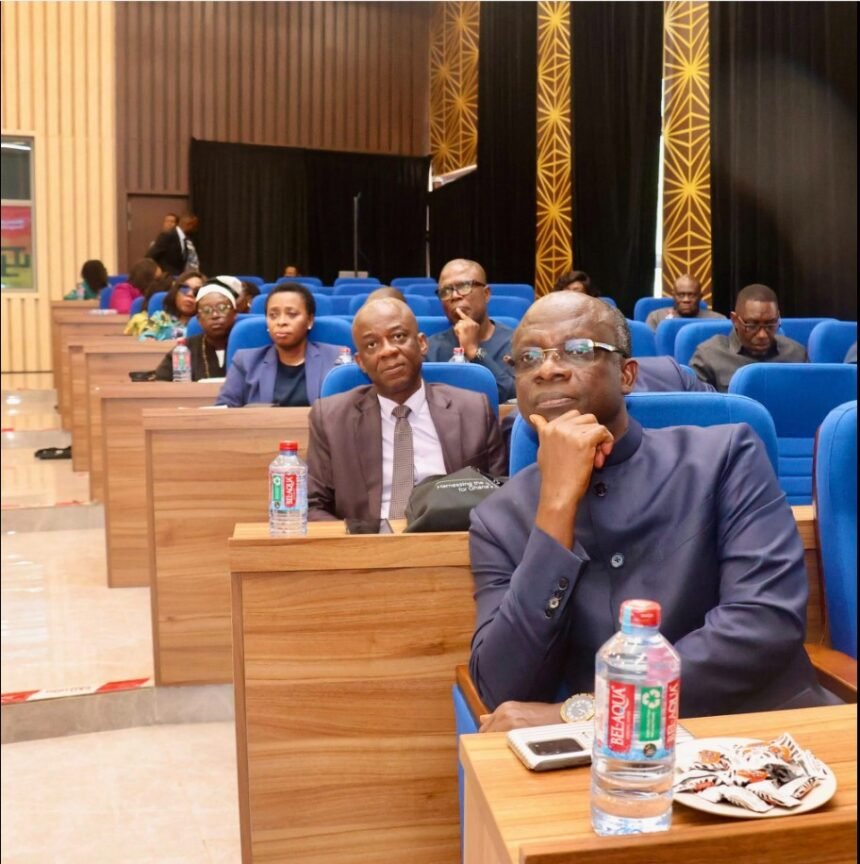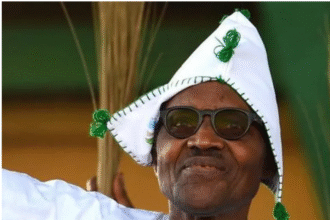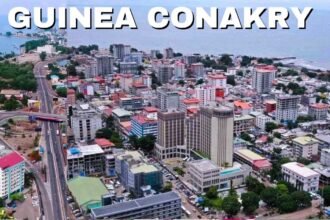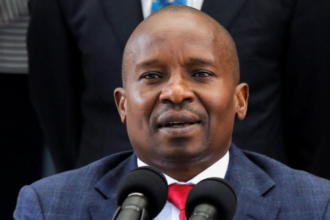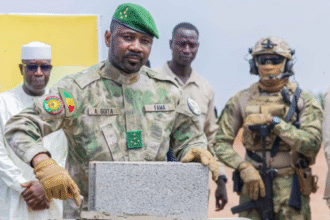Op-Ed: By J W Addy
A few days ago, Ghana witnessed the commissioning of 77 new ambassadors at the Presidency—an occasion that was not merely ceremonial but deeply strategic. Preceded by a week-long orientation program, the event signaled the government’s commitment to aligning diplomacy with its development agenda.
Throughout the orientation, ambassadors engaged directly with ministries and agencies, receiving detailed briefings on national priorities such as the government’s 24-Hour Economy. The format went beyond one-way presentations; ambassadors participated in open Q&A sessions with ministers and CEOs, ensuring they left with clarity and confidence to represent Ghana’s policies abroad.
Equally important was the reminder that ambassadors are not extensions of bureaucracy but strategic partners entrusted with Ghana’s image and Constitution. Ministers were explicitly urged to treat ambassadors with the utmost respect, recognizing them as co-custodians of the nation’s interests. A particularly resonant message stressed that friendship is an asset—a timeless principle of diplomacy and nation-building.
This approach offers Ghana several advantages. It ensures strategic alignment of domestic policy with foreign representation, enhances the consistency of Ghana’s voice abroad, strengthens collaboration between ministries and diplomats, and elevates diplomacy into a driver of trade, investment, and soft power.
By commissioning well-prepared ambassadors, Ghana is not simply sending envoys abroad; it is deploying catalysts of national transformation, fully equipped to articulate, defend, and advance its development mission. This model deserves recognition and, indeed, emulation across the continent.


